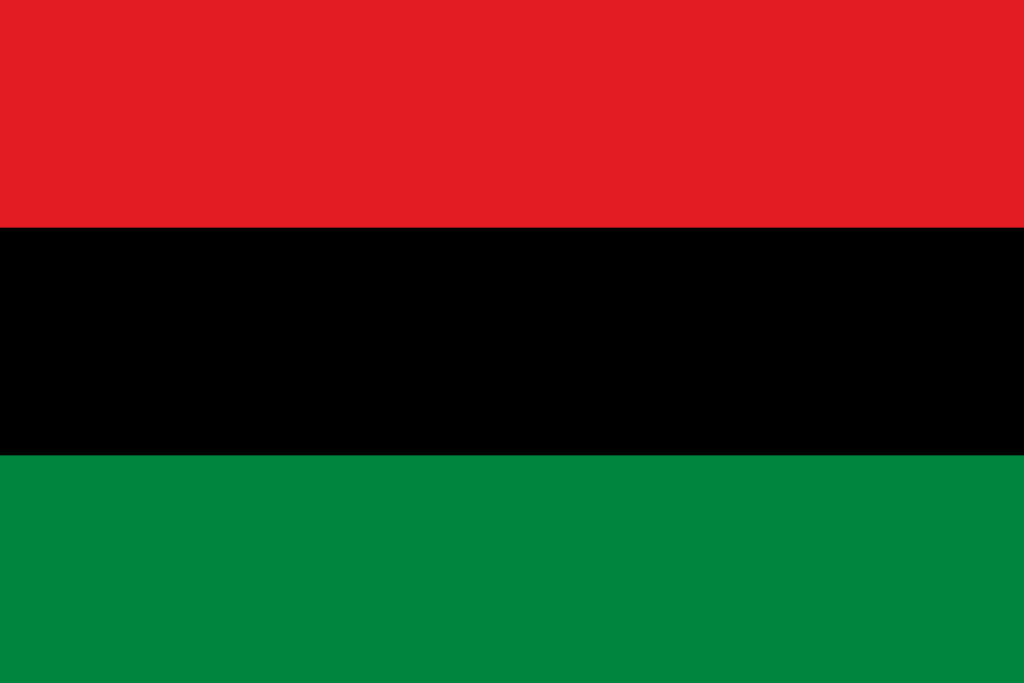(This is the third part in the author’s examination of Pan-Africanism. The two earlier parts were published in July and August respectively).
All of this does not mean that the Pan-African political and philosophical ideal should be abandoned. I am only advocating that it be Africanised and decolonised, and be brought down from political and intellectual towers to the ordinary bread-eaters and water-drinkers of Africa in the towns and the villages.
African divisions and disunities continue when the continent badly needs African unity. As the world gets engulfed in large-scale wars involving superpowers, African countries are increasingly being pressured to support this or that side of what might be unfolding into a Third World War. Once again, as it was in the Cold War era, African countries are being bullied into being spheres of influence and proxies of the world’s superpowers.
In this disordered world, Africa needs to unite and speak with one voice in opposition to coloniality. Only a united and decolonised Africa can resist the recolonisation of the continent by marauding superpowers that have not abandoned their imperial and colonial ambitions. African intellectuals and political leaders need to advance a new Africanised and decolonised Pan-Africanism that has learned from and corrected the mistakes of early Pan-Africanists.
Key Events and Collaborations
To truly appreciate the power of these connections, let’s look at some key events that shaped the narrative. The Black Panthers’ support for the African Liberation Movement showcased how transnational solidarity could challenge oppressive regimes. Similarly, African American leaders like Malcolm X and Angela Davis were instrumental in promoting awareness of African struggles. The African American involvement in the anti-apartheid movement also revealed a profound kinship that transcended geography—creating alliances that fueled international pressure against apartheid. These case studies reinforce that collaboration isn’t just a buzzword; it’s a necessity in the fight for liberation.
Contemporary Challenges and Future Directions for Pan-Africanism
Globalization and Its Impact on Identity
In today’s world, globalization has become a double-edged sword. On one side, it connects people across continents, enabling cultural exchanges and economic opportunities. On the flip side, however, it can dilute unique identities, leading to a conflict between globalization and the need to preserve cultural heritage. For Pan-Africanism, this presents both a challenge and an opportunity: how do we embrace global interconnectedness while still honoring our unique African identities? The quest for a unified Pan-African identity in a globalized world is ongoing, as we try to navigate the complexities of modern life without losing sight of our roots.
Current Social and Political Challenges Facing Africa
As if that wasn’t enough, Africa is facing a treasure chest of social and political challenges, from economic instability to political corruption and civil unrest. Climate change? Check. Health crises, like the Ebola outbreak and the ongoing effects of the COVID-19 pandemic? Double-check. These issues can easily overshadow the aspirations and ideals of Pan-Africanism. But fear not! Activism is thriving, with grassroots movements rising up to meet these challenges head-on, proving that the spirit of Pan-Africanism is alive and well. Whether it’s advocating for human rights or combating climate change, there’s no shortage of work to do.
The Future of Pan-Africanism in a Globalized World
So, what does the future hold for Pan-Africanism? It’s a bit like peering into a crystal ball—full of potential and a touch of uncertainty. The way forward involves mobilizing younger generations, leveraging technology, and fostering collaboration across borders. As the movement evolves, it must adapt to contemporary challenges while remaining steadfast in its core principles of unity, empowerment, and liberation. With a fresh perspective and a sprinkle of optimism, Pan-Africanism has the potential to thrive in a globalized world, reminding us that together we can tackle challenges from every corner of the globe. So, let’s raise a glass (or a fist) to a future where Pan-Africanism remains a beacon of hope and solidarity!
In conclusion, Pan-Africanism stands as a testament to the resilience and unity of people of African descent worldwide. Its roots in the struggles of the diaspora and the fight for liberation in Africa underscore the importance of solidarity in addressing shared challenges. As we look to the future, the principles of Pan-Africanism continue to inspire movements for justice, equality, and empowerment across the globe. By learning from its rich history and remaining committed to its ideals, we can foster a more just and interconnected world for all.
By Zacham Bayei


